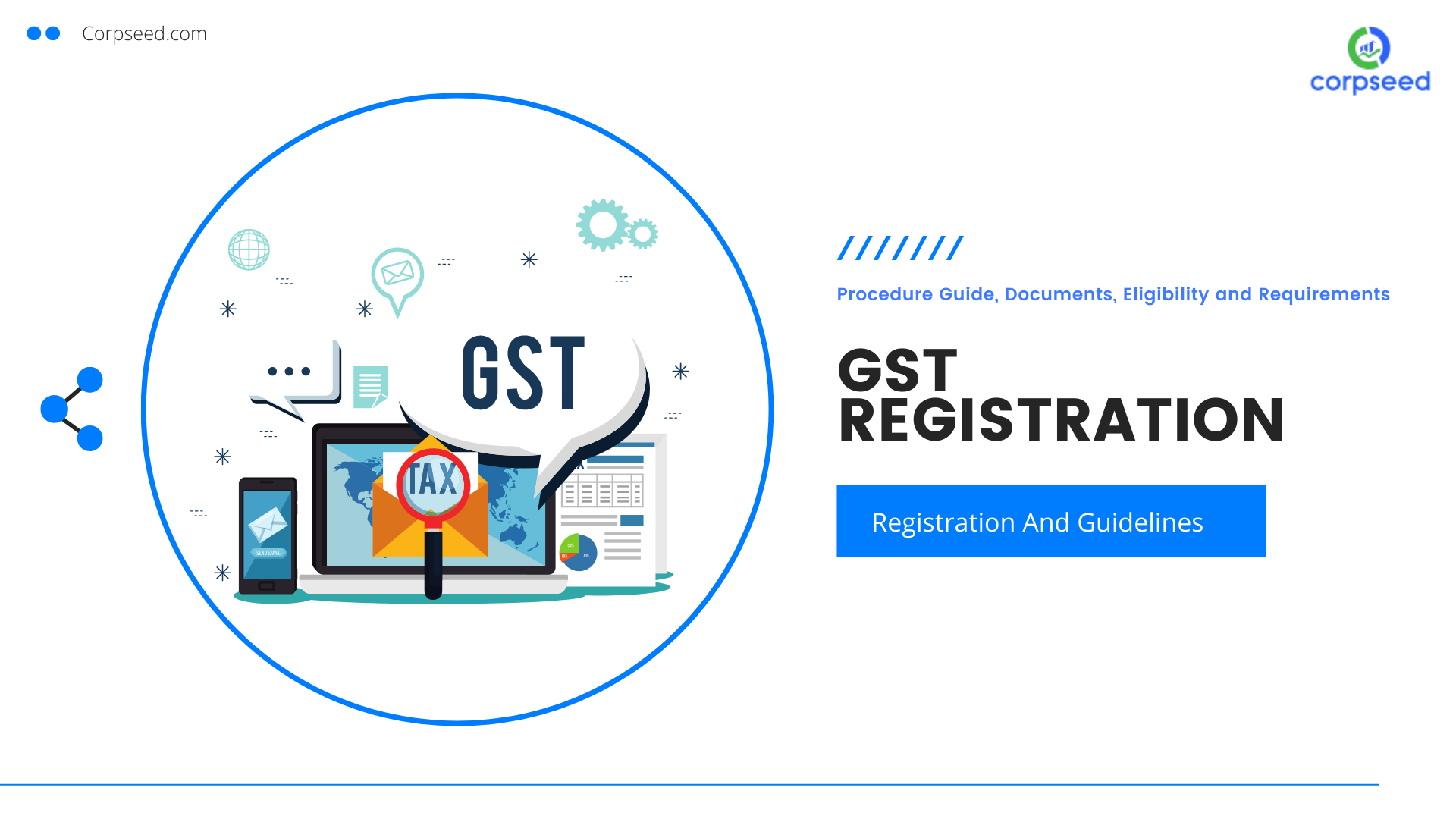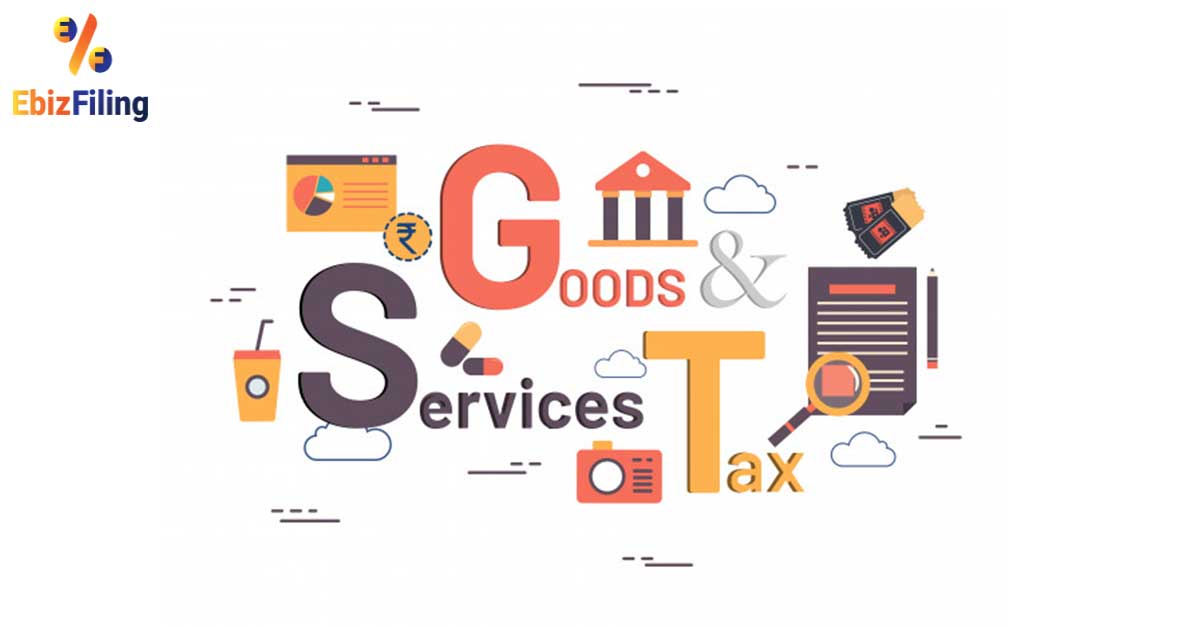How CFO Account & Services Can Streamline Your GST Registration Refine in Singapore
How CFO Account & Services Can Streamline Your GST Registration Refine in Singapore
Blog Article
Browsing the Intricacies of GST Enrollment: A Comprehensive Guide for Organization Owners
Navigating the intricacies of GST registration can be a complicated task for numerous local business owner, as it includes a myriad of rules, regulations, and processes that must be stuck to. With the ever-evolving landscape of tax obligation legislations, ensuring compliance and understanding the intricacies of GST registration is vital for the seamless procedure of any kind of company. From figuring out eligibility and collecting the required documentation to maximizing operations for optimal efficiency, this extensive overview intends to supply service owners with the expertise and tools required to browse the complexities of GST registration efficiently.
Eligibility for GST Enrollment
Local business owner should satisfy certain requirements to establish their eligibility for GST enrollment. As a whole, companies with a yearly turnover exceeding a specific limit are required to register for Item and Solutions Tax (GST) This limit differs by country, however it is important for business owners to remain informed about the certain regulations in their territory. Additionally, organizations included in interstate supplies, shopping, or the arrangement of particular defined services and goods may additionally be mandated to register for GST, no matter of their turnover.
Furthermore, companies that are registered under any previous tax regime, such as VAT or solution tax obligation, are typically required to transition to GST registration. Understanding these standards is crucial for entrepreneur to make sure conformity with the regulation and stay clear of any kind of fines or lawful issues. It is recommended for entrepreneurs to seek advice from tax obligation professionals or lawful advisors to examine their eligibility for GST registration precisely. By sticking to the necessary criteria, businesses can efficiently navigate the intricacies of GST registration and run legally within the tax structure.
Files Needed for Registration
To complete the GST registration process, companies need to gather and submit a detailed collection of papers. The crucial papers needed for GST enrollment commonly consist of evidence of organization enrollment or unification such as the Certification of Unification, collaboration action, or any type of other registration certificate.
Furthermore, specific documents related to the nature of the business, such as a checklist of items or solutions supplied, HSN codes for items, and cavity codes for solutions, may be needed - Why choose CFO Account & Services for GST registration in Singapore. It is essential for companies to ensure that all documents sent are exact, updated, and in the prescribed style to prevent any kind of delays or difficulties in the GST enrollment process
Refine of GST Enrollment
Having actually constructed the requisite paperwork, businesses continue to initiate the GST enrollment procedure by engaging with the on-line website designated for enrollment. This online website is the Goods and Solutions Tax Obligation Network (GSTN) website, which functions as the main system for all GST-related activities in India. Upon accessing the site, companies are called for to complete the GST enrollment form with precise information regarding their organization activities, turn over, and other appropriate information.
When the kind is completed and sent on the site, the GSTN verifies the information provided by the service. The candidate may be called for to offer added details or information if any kind of inconsistencies are found. Complying with effective confirmation, a GST enrollment certificate is issued to the service entity. This certification contains a special Item and Provider Tax Obligation Identification Number (GSTIN) that is used for all GST-related deals.
It is very important for organizations to ensure advice that the information provided during the GST registration process is accurate and up to day to stay clear of any kind of possible concerns or hold-ups in acquiring the GST registration certificate.
Understanding GST Compliance

Services require to be familiar with the numerous GST conformity demands based upon their turn over, nature of products or services, and the states in which they operate. It is essential to stay upgraded on any type of changes in GST laws and regulations to prevent any non-compliance concerns.
Non-compliance with GST laws can cause large fines, fines, and even lawful effects. For that reason, companies must spend time and resources in educating themselves and their staff on GST compliance. Seeking professional support from tax obligation advisors or professionals can also assist in navigating the complexities of GST compliance and ensuring that businesses run within the lawful framework.

Tips for Optimizing Business Workflow
For boosted effectiveness and performance in company procedures, strategic preparation and structured processes are crucial elements. One pointer for optimizing service procedures is to leverage modern technology effectively.
One more vital aspect is focusing on jobs based on their significance and target dates. By creating a clear hierarchy of jobs and establishing realistic timelines, companies can make certain that essential activities are finished promptly. Additionally, promoting a society of open interaction and collaboration among staff member can lead to enhanced performance and innovation.

Conclusion
To conclude, navigating the complexities of GST registration next requires a clear understanding of eligibility criteria, required files, registration processes, and compliance requirements. By adhering to these guidelines and optimizing business procedures, business proprietors can make certain smooth procedures and conformity with the GST guidelines. It is necessary for organizations to remain educated and updated on GST policies to avoid any fines or lawful problems.
The crucial files required for GST registration typically consist of evidence of service registration or incorporation such as the Certification of Unification, collaboration action, or any various other enrollment certificate.Having assembled the requisite documents, businesses continue to start the GST registration procedure by involving with the on the internet website designated for registration. Upon accessing the website, companies are called for to load out the GST registration form with exact details concerning their organization activities, turn over, and other relevant visit this site details.
In order to maintain adherence to GST laws and prevent penalties, organizations should focus on comprehending GST compliance. By adhering to these standards and enhancing business operations, business owners can make certain smooth operations and conformity with the GST policies.
Report this page